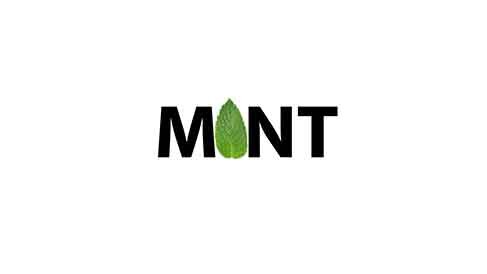Once an idea for a project has been developed, approved and cleared for filming the work really begins. This is the time the Producer, if they haven’t already engage a Director, gets the best one they can for the shoot.
Director: They will run the shoot and, more often than not, select the crew they want. They will also help develop the idea, the content and the vision and suggest crew to support that creative direction. There is no point having a corporate film specialist on an epic drama or a social media specialist on a long form documentary. Although there is always cross over and mixing genre of specialism can work, its important to pick the right person for the job.
Crew: In your prep you will have a budget. Make a note of everything because, as soon as you bring a Director or DoP in, your great idea for kit and crew might go out of the window. They will have a better, sometimes cheaper but often more expensive, ways of creating the content. Pick your crew, go with recommendations and negotiate where you can. A Producers job is balancing the books at the end of the shoot so get the best you can but don’t blow everything on a helicopter when you haven’t brought lunch.
Admin: Paperwork is a Producer’s best friend. As well your cost sheet you will need to have your pre-production schedule and your shoot documents. The schedule should be fed into by your crew and your client (if shooting for a business) so that everyone has agreement on what to do first and knows when they are needed. Your shoot documents are even more important. These will include Public Liability Insurance from your crew, your risk assessment and your call sheet.
Permissions: Part of the prep, and often the hardest part, is getting your permissions in order. This can be anything from a filming permit through to agreeing usage rates for your actors. Make sure you have a release form for all people and locations you use and have proof of any fees you have paid for using a space.
Have fun: The shoot is the best bit. This is where the magic happens and the idea comes to life. The Producer should have nothing to do here because, if you have done your job right, everything has been thought of and planned ahead. So sit back, enjoy the lunch you had delivered for everyone and the snacks you brought in advance and watch the team you have built do their thing!










